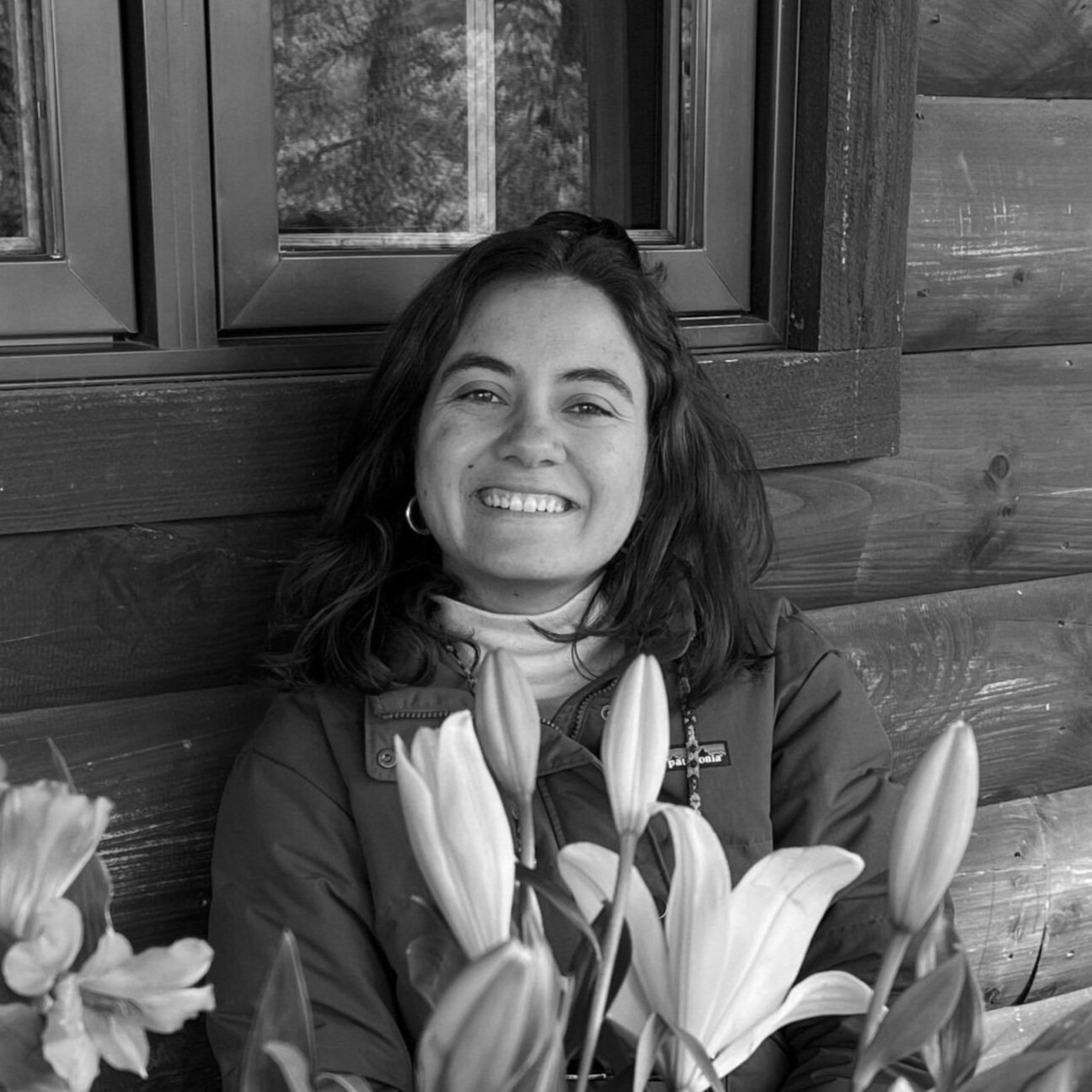Critical Ruralities Lab is a collaborative mentoring space that promotes empirically grounded and justice-oriented scholarship on development and socio-environmental change in the global countryside.
Members of the lab work in diverse rural settings across the globe, currently in East Africa, Latin America, North America, and South Asia. They work on a wide range of interconnected issues concerning rural life and livelihood, including food and agriculture, land-water access, conservation, pastoralism, energy and mining, indigenous knowledge and technoscience, and agrarian mobilization—issues that are becoming more complex and urgent in times of deepening social inequality and environmental vulnerability.
The lab draws inspiration from and encourages feminist, postcolonial/decolonial, poststructural, Marxist, and more-than-human perspectives to better understand how capitalist processes shape, and are shaped by, nature-society relations, rural-urban interactions, and interlocking power dynamics.
For inquiries about joining the lab, please see “get involved.”
Current Lab Members
Anaya Hall is a doctoral candidate in ERG. Drawing on political ecology, critical agrarian studies, and historical geography, she examines the spatial politics and socioecological dynamics of soil and water conservation in the Corn Belt. She uses the contentious politics of nutrient management and agroindustrial transformation in Iowa as a window onto the uneven geographies of agrarian capitalism. She holds an M.S. in Agriculture, Food and Environment from the Friedman School at Tufts University, and a B.A. in Human Biology from Stanford University.
Gauthami Penakalapati is a doctoral candidate in ERG with a designated emphasis on Women, Gender, and Sexuality Studies. Gauthami’s dissertation research foregrounds issues of data essentialism, gender and sexuality, and social norms in understanding how global development projects produce knowledge in ways that circumscribe the lives of girls and women in South Asia and West Africa. Gauthami has an MPH in Global Health from Rollins School of Public Health, Emory University and a BS in Biology from the Georgia Institute of Technology.
Andrés Julian Caicedo Salcedo is a doctoral candidate in ESPM. His research examines the convergences of gendered and racialized labor regimes, techno-scientific agricultural interventions, and everyday encounters of plants, insects, microorganisms, and humans in controlling unruly pathogens in Colombian oil palm plantations. His work draws on multispecies studies, critical race theory, science and technology studies, and feminist and critical agrarian studies. He holds an MA in Literature and Cultural Studies from Universidad de los Andes, Colombia and a BA in Sociology from Universidad Nacional de Colombia.
Alejo Garcia is a doctoral candidate in ESPM. His research examines the amphibious politics of capital in the Upper Magdalena River basin, Colombia, with special attention to how riverine populations experience and contest capital’s attempts to stabilize, disrupt, or rework land-water interfaces. His work draws on the political economy of terraqueous territorialities, agrarian political ecology, and environmental justice. He holds an M.A. in Philosophy and B.A in Political Science with a minor in Economics from Universidad de Los Andes in Colombia.
Miswa Basil is a doctoral student in ESPM. His research examines how adaptation initiatives evolve to address emerging climate risks in rural communities in Kenya. Prior to joining ESPM, Miswa worked with the Kenya Institute for Public Policy Research and Analysis. He holds an M.A. in International Studies from the University of San Francisco, and a B.A. in Education in Literature from the University of Nairobi.
Crossley Pinkstaff
Natasha Shannon is a doctoral student in ESPM. Her research examines agricultural strategies of rural development in Central Appalachia, particularly how these strategies interact with historical and continuing legacies of social exclusion and economic and environmental extraction. Her work sits at the intersection of critical agrarian studies, political ecology, and rural sociology. Natasha holds a B.A. in Anthropology and Arabic Studies from the University of Richmond.
Alix Blair is a doctoral student in ERG. She is an award-winning documentary maker, both in film and audio, and has been working in nonfiction storytelling for over a decade. She is interested in pursuing research in climate justice, indigenous-led climate adaptation and mitigation, ethnography, and political ecology. She has a Masters in Environmental Management from the Nicholas School of the Environment at Duke University with a focus in Human Rights and Conservation.
María Villalpando is a doctoral student in ERG. She is interested in exploring rural and peasant women’s role in advancing food sovereignty and in understanding the complex negotiation processes between communities, individuals, and the environment in rural and agricultural communities in Mexico. María holds a Masters of Development Practice from the University of California, Berkeley, and B.A. in Sociology from the National Autonomous University of Mexico.
Jessica Craigg








